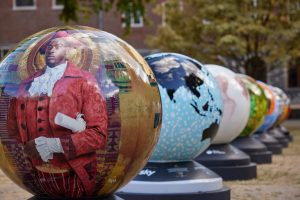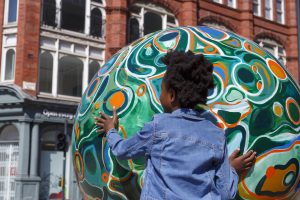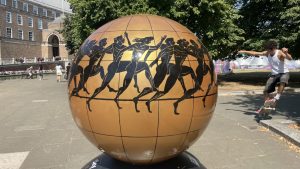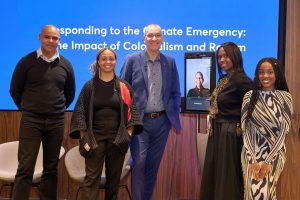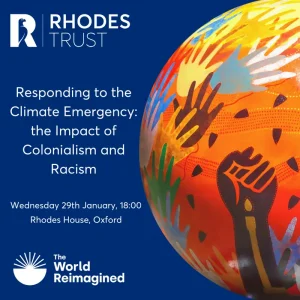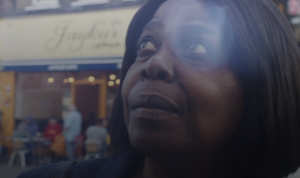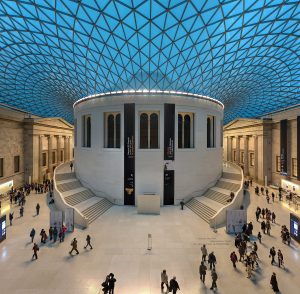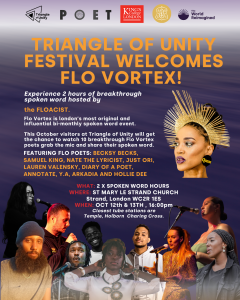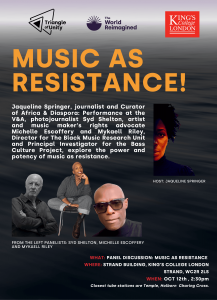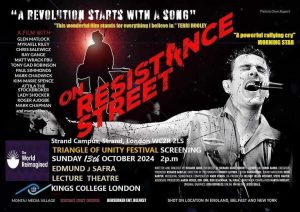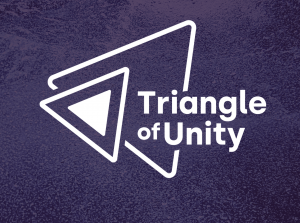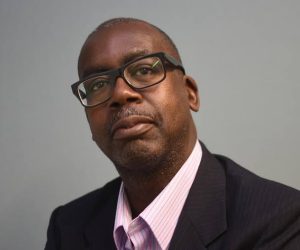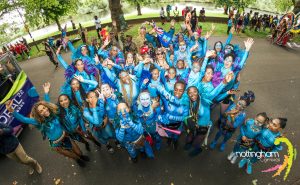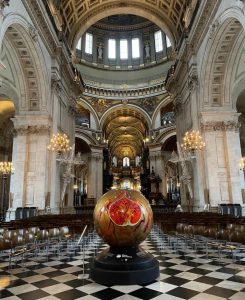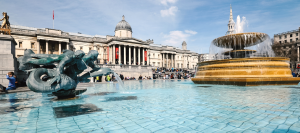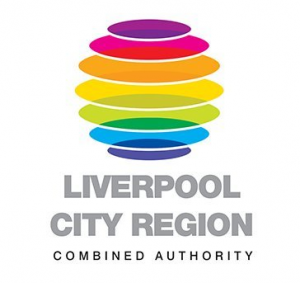Windrush Day: Should It Be a National Holiday?
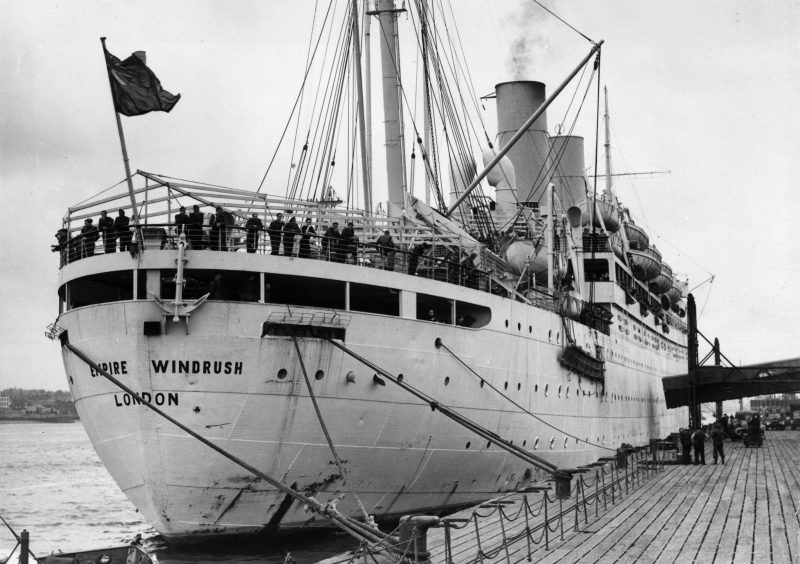
Each year on June 22nd, Windrush Day commemorates the arrival of the HMT Empire Windrush at Tilbury Docks in 1948. It honours the courage, labour, and legacy of Caribbean men and women who answered Britain’s call to rebuild after World War II. And yet, more than 75 years later, the day remains marked not by the collective observance of a nation, but by the quiet remembrance of communities too often left to carry the memory alone. This prompts an important question: Should Windrush Day be recognised as a national holiday?
Why It Matters
Windrush Day is more than a historical marker; it is a call to reckon with Britain’s past, to honour the contributions of Caribbean communities, and to acknowledge the injustices they have faced. It is a day that holds the weight of resilience, pride, and a profound sense of belonging to a country that has not always reciprocated that loyalty.
For many descendants of the Windrush Generation, the day is a deeply personal reflection. It is a time to celebrate their elders’ sacrifices and to challenge the amnesia that too often defines the national conversation on race, immigration, and identity in the UK.

A Complex Triangle by Kim Thompson
Making Windrush Day a national holiday would not just be symbolic. It would be a concrete commitment to truth-telling and national memory. It would say, unequivocally: “You are seen. You are valued. Your story is part of Britain’s story.”
Who Engages But Most Importantly, Who Doesn’t?
As it stands, Windrush Day is marked with warmth and ceremony in Black communities, some local councils, and by a handful of institutions committed to racial justice. But for many across the UK, the day passes unnoticed. Some do not engage because they do not know – lacking education, exposure, or awareness of what Windrush Day means. Others may feel it’s “not for them,” perceiving it as a niche cultural commemoration rather than an integral part of British history.
This disconnection isn’t accidental. It reflects a wider societal issue: the marginalisation of Black British history in the national curriculum, in the media, and in civic life. When the foundations of the Windrush story aren’t widely taught or celebrated, how can we expect people to care?
So, the question that we all ask: What could we do differently?
1. National Holiday Status
Designating Windrush Day as a public holiday would embed it in the national consciousness. Just as Remembrance Day calls us to reflect on sacrifice and service, so too could Windrush Day invite reflection on rebuilding, resilience, and racial justice.
2. Education
Windrush must be taught in every school, not just as a footnote, but as a central thread in the tapestry of post-war British history. It should sit alongside the stories of empire, migration, and civil rights movements that have shaped modern Britain.
3. Public Programming and Visibility
More investment in national programming from the BBC to museums to grassroots organisations could help tell these stories in meaningful, accessible ways. Public art, exhibitions, and storytelling projects can bring Windrush histories out of archives and into everyday spaces.
4. Corporate and Institutional Participation
Just as Pride Month or Black History Month now see widespread engagement across industries, Windrush Day deserves the same visibility. Workplaces, brands, and public services should be encouraged to see the day meaningfully – through events, storytelling, community investment, and education.
5. Community-Led Celebrations
The soul of Windrush Day will always come from the people it honours. Any national effort must centre the voices and experiences of Caribbean communities themselves. Their leadership, creativity, and vision should guide how we collectively mark this day.
A National Story
Windrush is not a single moment in time – it is an ongoing story of belonging, of being British in the face of exclusion, and of reshaping a country through labour, culture, and love. Making Windrush Day a national holiday would not erase the pain or injustices that have followed, but it would begin to stitch recognition into the fabric of this country.
To imagine a future where Windrush Day is marked by all not just remembered by some, is to imagine a Britain that is honest about its past and proud of the diversity that defines its present.



